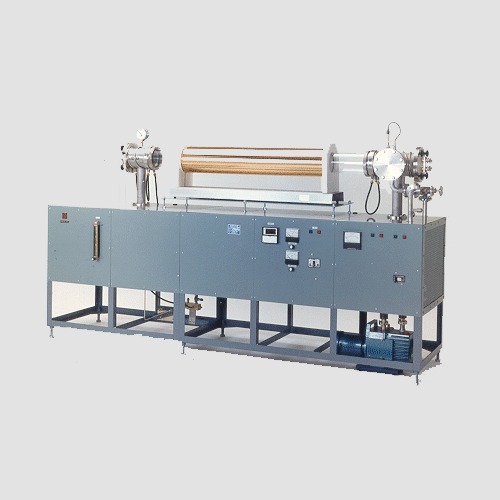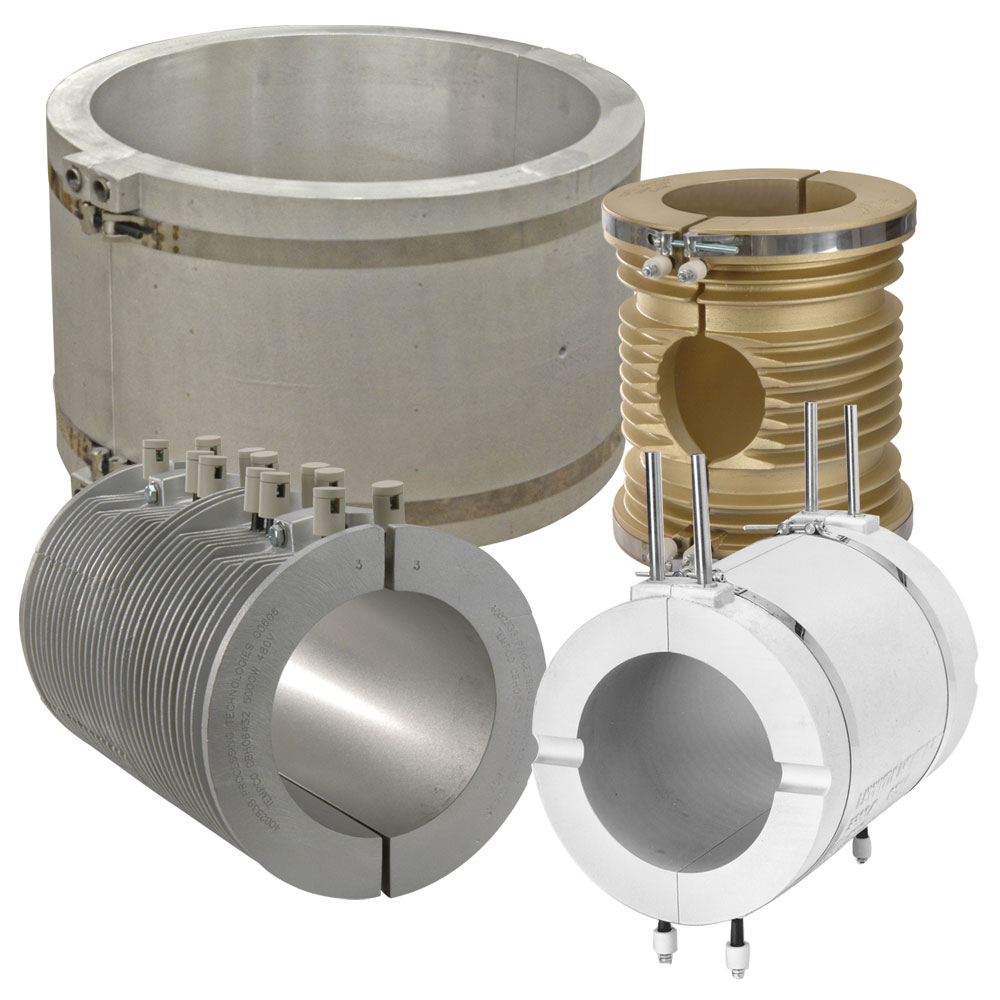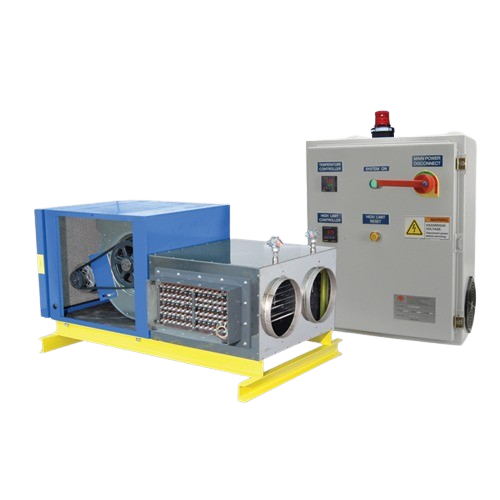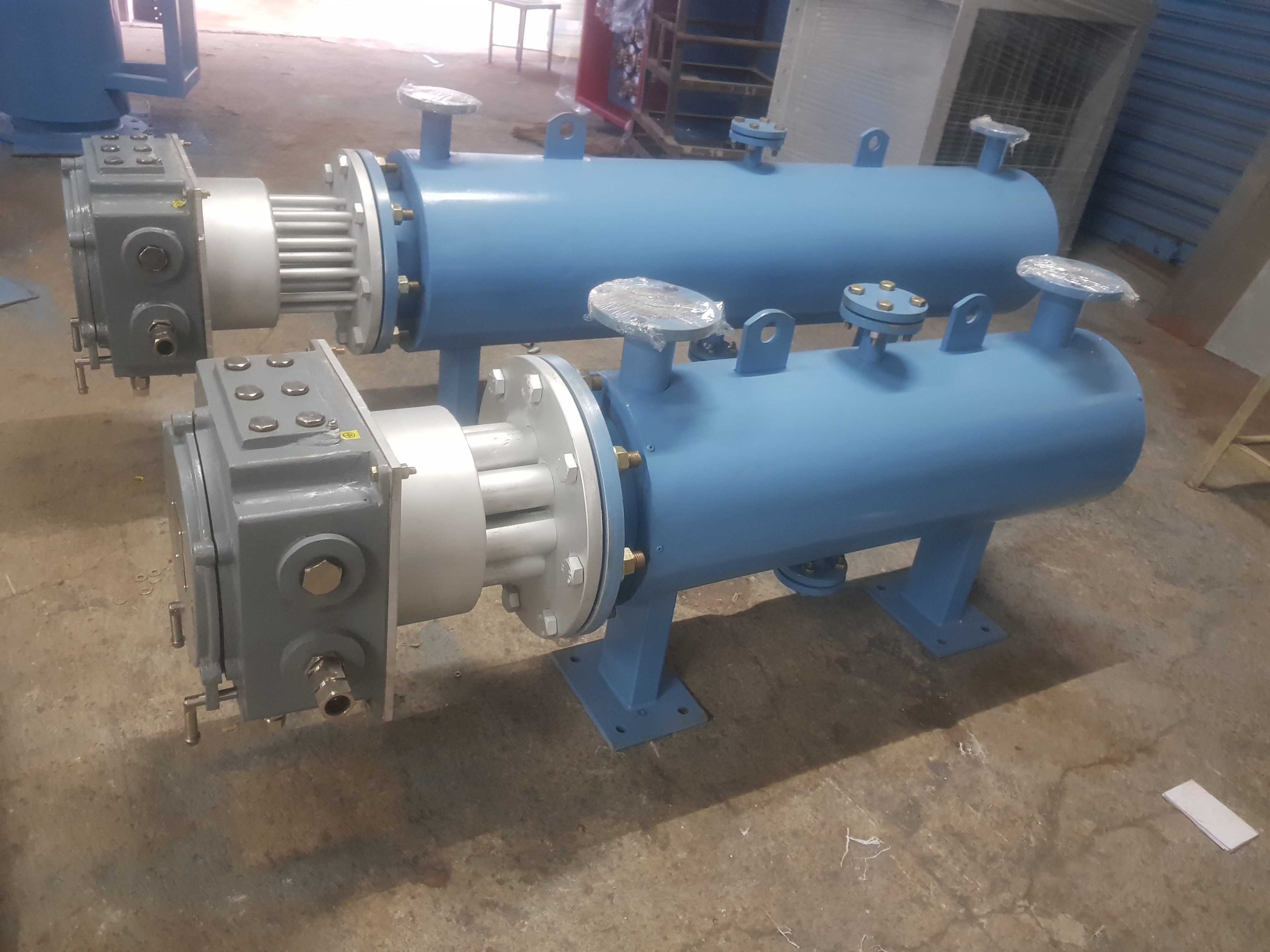- Home
- About
-
Our Products
ELECTRIC HEATERS & HEATING ELEMENTS
- Tubular Heaters|Air Heaters
- Process Immersion Heaters|Tank Heaters
- Band Heaters
- Heat Tracers | Cable Heaters
- Silicon Rubber Heaters
- Heated Hose / Hose Pipe Heaters
- Etched Foil Heaters
View All
TEMPERATURE SENSORS & ACCESSORIES
- Thermocouples
- RTD Sensors
- Thermocouples Wires & Cables Accessories
- Temperature Transmitters
View All
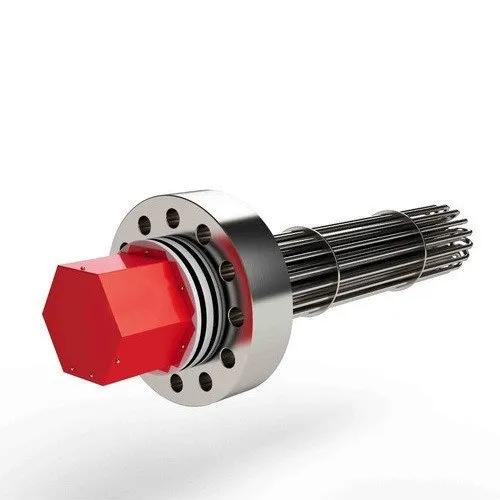
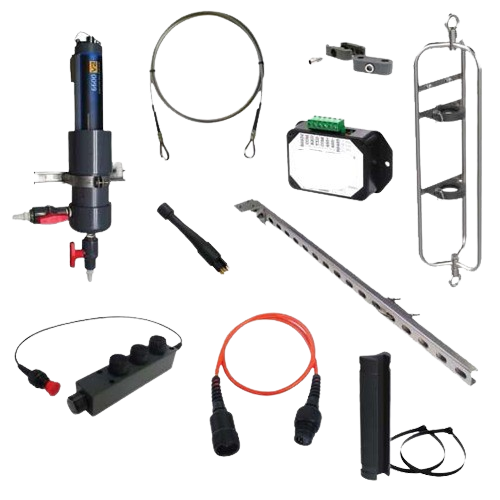
- Technical
- Testimonial
- Contact us
Pennybottom Cartridge Heaters
These heaters are configured for specific tasks in the plastic injection molding environment with extra long leads, Teflon® or fiberglass insulation, optional thermocouples and grounded sensor options at the end or middle of the heater.
Design Features include:
- Hi-Density Swaged Construction
- Copper Flat End Disc
- Type J T/C
- 36" High Temperature Leads for both heater and T/C
- Minimum cold sections / computer designed distributed wattage
- OEM Replacements available from Stock for Runnerless Molding Systems

